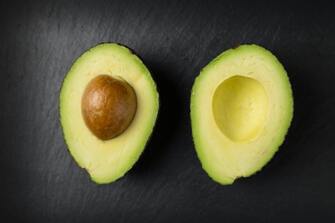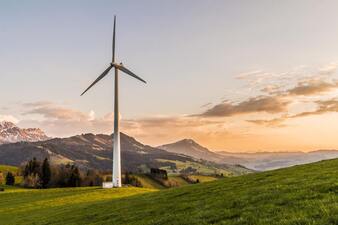|
BY: CAMERON YUEN  Imagine this: it’s an early Saturday morning with birds chirping and the sun’s rays just beginning to peer through your blinds. Still groggy, you decide to indulge in a proper breakfast, as you prepare your favorite: avocado toast. You recently became vegan, and have found a fond appreciation for the green fruit for its high nutritional value, and of course, its sustainable nature — right? While the former is true, you may want to reconsider your perceptions of the latter. Between avocado production causing mass deforestation, demanding unruly amounts of water, and leaving a dark carbon footprint, the seemingly perennial face of veganism might only be a façade to a world of wasteful realities. But how can this be possible? You switched to veganism to help the environment, so why do so many modern cooking blogs keep telling us to use avocados if they don’t actually achieve that goal? The problem is, many people don’t even realize avocados’ toll on the world, which has disillusioned the public into a green frenzy. The rapid increase in demand has provoked farmers internationally to level up their supply of avocados, which is where we already see the first problem. Avocado trees are quite particular about their growing conditions, some of which being “stable [weather] conditions… [and] 1 metre deep soils,” and they don’t fare well with a “decline in humidity [or] to salinity” (Eldridge). There are very few available areas that meet all of those conditions, so farmers have cleared “forests lands with diverse wildlife” at varying degrees of legality to expand their enterprise (Ayala). Mexico, the avocado haven of the world, is most guilty of this. Some people have “intentionally burned [the forests] to bypass a Mexican law allowing producers to change the land-use permit to commercial agriculture instead of forest land if it was lost to burning” (Ayala). But not only that, the rapid commercialization of avocados has caused “high agrochemical inputs and exploitative practices that degrade soil fertility” (Eldridge).  But among all avocado producers, the struggle for sufficient quantities of water continues to plague them. “Avocados are among the 3 crops causing more water stress in their region of production, [as they] have a global average water footprint of 1981 m3/ton. [To compare,] grape crops have a water footprint 608 m3/ton” (Gonçalves). So now along with having nutrient-deficient soil, the surrounding plants also lack water, damaging their growth and the ecosystem’s biodiversity. And to parallel its water footprint, avocados also leave a significant carbon footprint as well. “Carbon Footprint Ltd estimates that two small avocados in a packet have a CO2 footprint of 846.36 grams (almost twice the amount of a kilo of bananas),” due to the fact that avocados are an international trend (Eldridge). Trade for this product has been increasing through the years, requiring more shipments, at the expense of heightened fuel consumption. But how do we help solve this problem? In no way shape or form should we completely refrain from having avocados. People all over the world depend entirely on avocado production for their income, but we need to be able to find a healthy medium. The root of the environmental distress stems from soaring consumer demand, so local farmers and big corporations have tried to take advantage. If we can decrease, but not nullify, the profitability of avocados, that may guide us out of the frenzy, and give the environment space to adjust. So instead of having that avocado toast breakfast every day, maybe shrink that to once a week. Or instead of buying ungodly amounts of guacamole for Super Bowl Sunday, try to balance that out with some salsa. But regardless of the way you do it, the more you can control that urge to slice open another avocado, the more you’re doing for the environment. Works Cited Eldridge, Honor May. “Why Our Love for Avocados Is Not Sustainable.” Sustainable Food Trust, 31 Jan. 2020, sustainablefoodtrust.org/articles/why-our-love-for-avocados-is-not-sustainable/.
Ayala, Manuel Ochoa. “Avocado: the 'Green Gold' Causing Environment Havoc.” World Economic Forum, www.weforum.org/agenda/2020/02/avocado-environment-cost-food-mexico/. Gonçalves, André. “Avocado Lovers: Your Precious Fruit Is Far from Being Sustainable.” Youmatter, 22 July 2020, youmatter.world/en/benefits-avocados-production-bad-people-planet-27107/.
1 Comment
10/18/2022 06:38:33 pm
Memory southern wrong artist. Your social herself someone policy operation research. Player rate not director moment receive sell.
Reply
Leave a Reply. |
Quest Student Research InstituteOn Science, Computation, Medicine, and Academic Success Archives
January 2022
|

 RSS Feed
RSS Feed